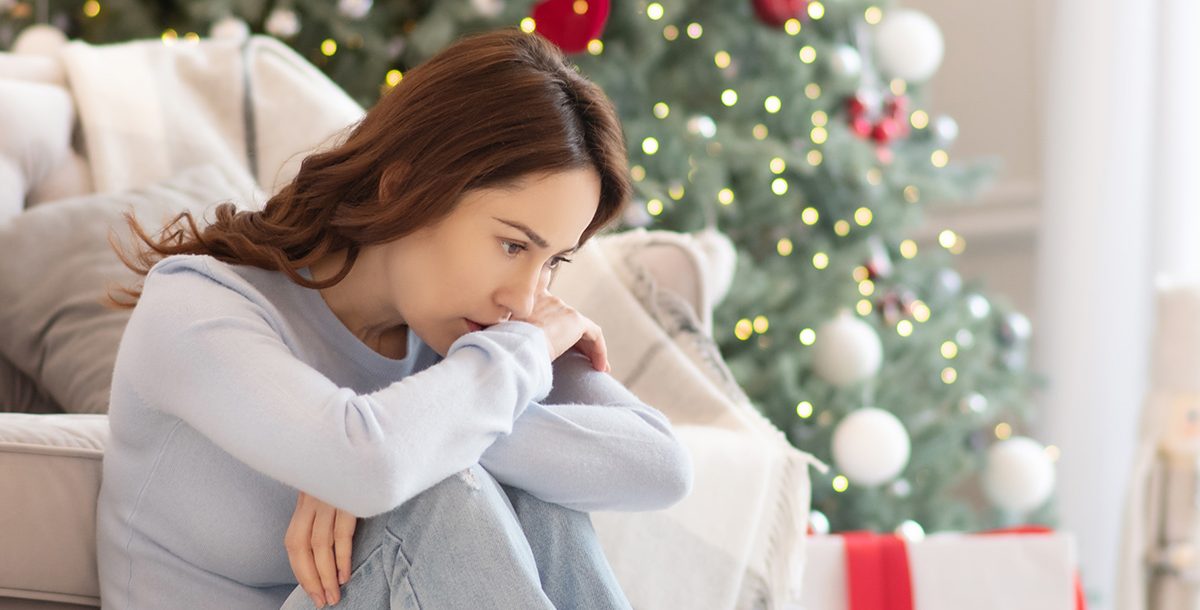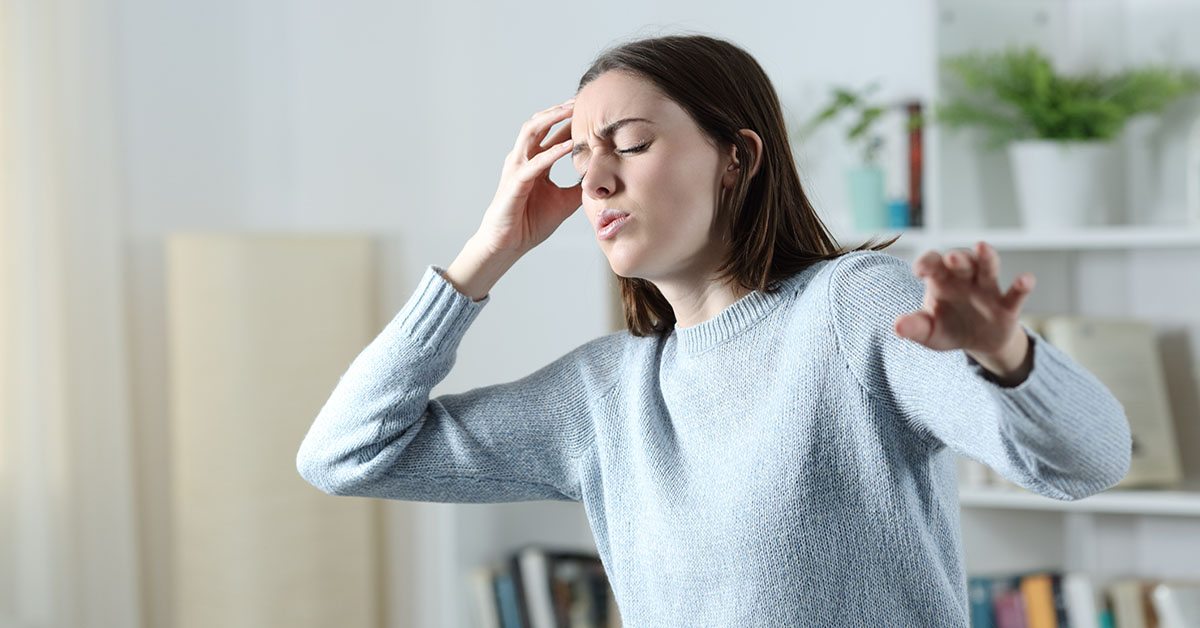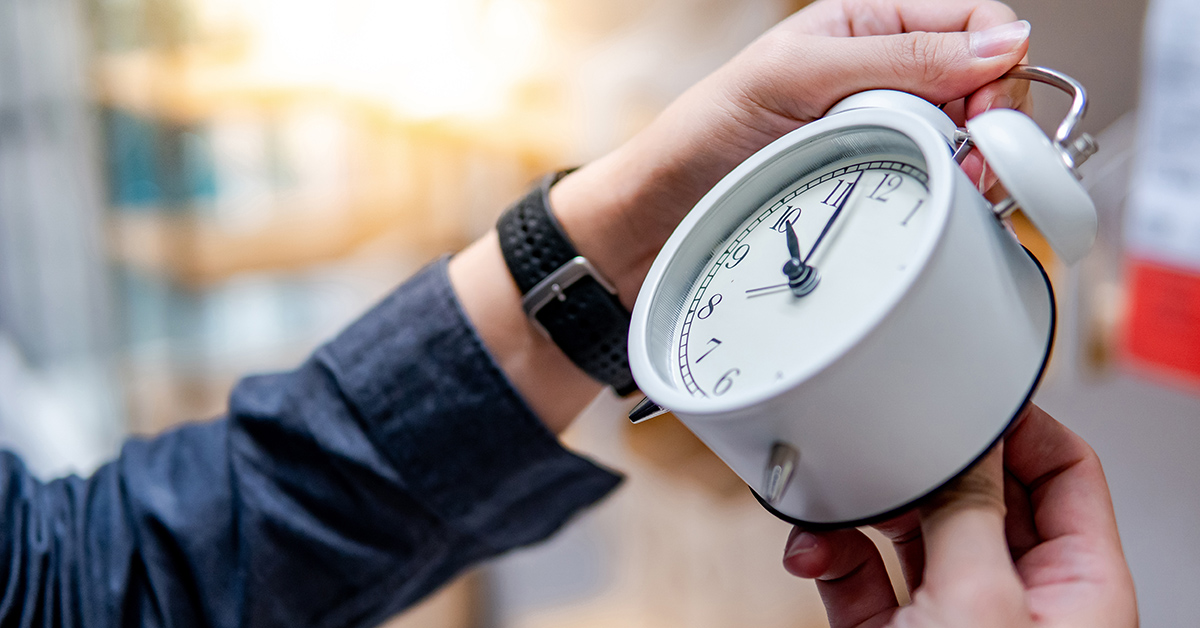Watching upbeat holiday movies can only take you so far if you have the holiday blues. Though depression and anxiety can strike any time, lots of people are more vulnerable to these feelings during the holiday season.
Holiday depression statistics can be, well, depressing. Even before the COVID-19 pandemic, studies showed the holidays negatively impacted well over half of those suffering from mental illness.
Why does the holiday season impact our mental health?
Any one of these incidents may amplify any feelings of depression or anxiety during this time of year.
- Grief: You may be dealing with intense grief over the loss of someone or something.
- Isolation: You might feel ignored or isolated from loving friends or family at a time when these connections seem to matter even more.
- Burdened: You may feel acutely overwhelmed and burdened with responsibilities at work and home that need attention during this short period.
What are some symptoms of holiday depression and anxiety?
Feelings of depression and anxiety can slowly creep up on you as the holiday season begins. So, getting a handle on the problem sooner rather than later is one of the best gifts you can give to yourself. After all, it may be the difference between having a joyful or awful holiday.
Here’s how you can tell if you are starting to feel down or anxious during the holidays:
- You burst into tears for no reason.
- You dread attending holiday gatherings.
- You avoid making plans.
- You’re short with your loved ones if they ask you a question or have a gift idea.
- You’re overspending on gifts to try to keep everyone happy.
- You’re physically and mentally exhausted from trying to keep up with all the obligations.
Seasonal affective disorder vs. holiday depression
Seasonal affective disorder (SAD) is a type of depression that occurs during the fall and winter months, but most frequently during January and February after the holiday season. That’s because there’s less sunlight. But when spring arrives, symptoms seem to disappear. So, could you have SAD instead of the holiday blues? It might be hard to tell, as symptoms of SAD and holiday depression can often be similar.
Seasonal affective disorder symptoms may include:
- Changes in appetite and craving more carbohydrates
- Difficulty thinking, concentrating or making decisions
- Feeling worthless, guilty or without purpose in life
- Loss of energy or interest in once enjoyable activities
- Sleeping too much
- Suicidal thoughts
What are the best holiday stress tips?
You can help yourself by minimizing the stress you’re facing during the holidays. Some of the following steps may seem obvious. But reminders are always helpful.
Try these tips to find the joy in the holiday season:
- Drop all expectations about the holiday. Be realistic and go with the flow.
- Keep boundaries and stop trying to fix everyone’s problems during the holiday. Instead, focus on your own well-being.
- Schedule consistent exercise or nature walks for fresh air and to get away from the hustle and bustle.
- Stick to your holiday budget to help you feel more in control of your life.
- Take naps. There’s no guilt in getting the rest you need to function at your best.
If you’re still feeling particularly down and anxious during the holidays, don’t be afraid to reach out to a professional for help. There are many therapy options out there these days. Also, our behavioral health specialists are always ready to assist.
Learn about the behavioral and mental health services we offer at Bon Secours.





